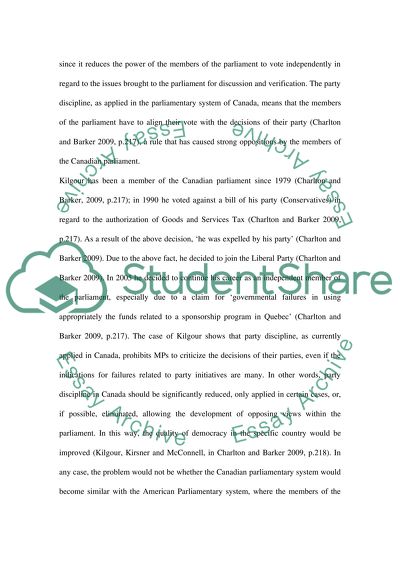Cite this document
(“Canadian Politics Essay Example | Topics and Well Written Essays - 1500 words”, n.d.)
Retrieved from https://studentshare.org/history/1397770-argumentative-essay
Retrieved from https://studentshare.org/history/1397770-argumentative-essay
(Canadian Politics Essay Example | Topics and Well Written Essays - 1500 Words)
https://studentshare.org/history/1397770-argumentative-essay.
https://studentshare.org/history/1397770-argumentative-essay.
“Canadian Politics Essay Example | Topics and Well Written Essays - 1500 Words”, n.d. https://studentshare.org/history/1397770-argumentative-essay.


